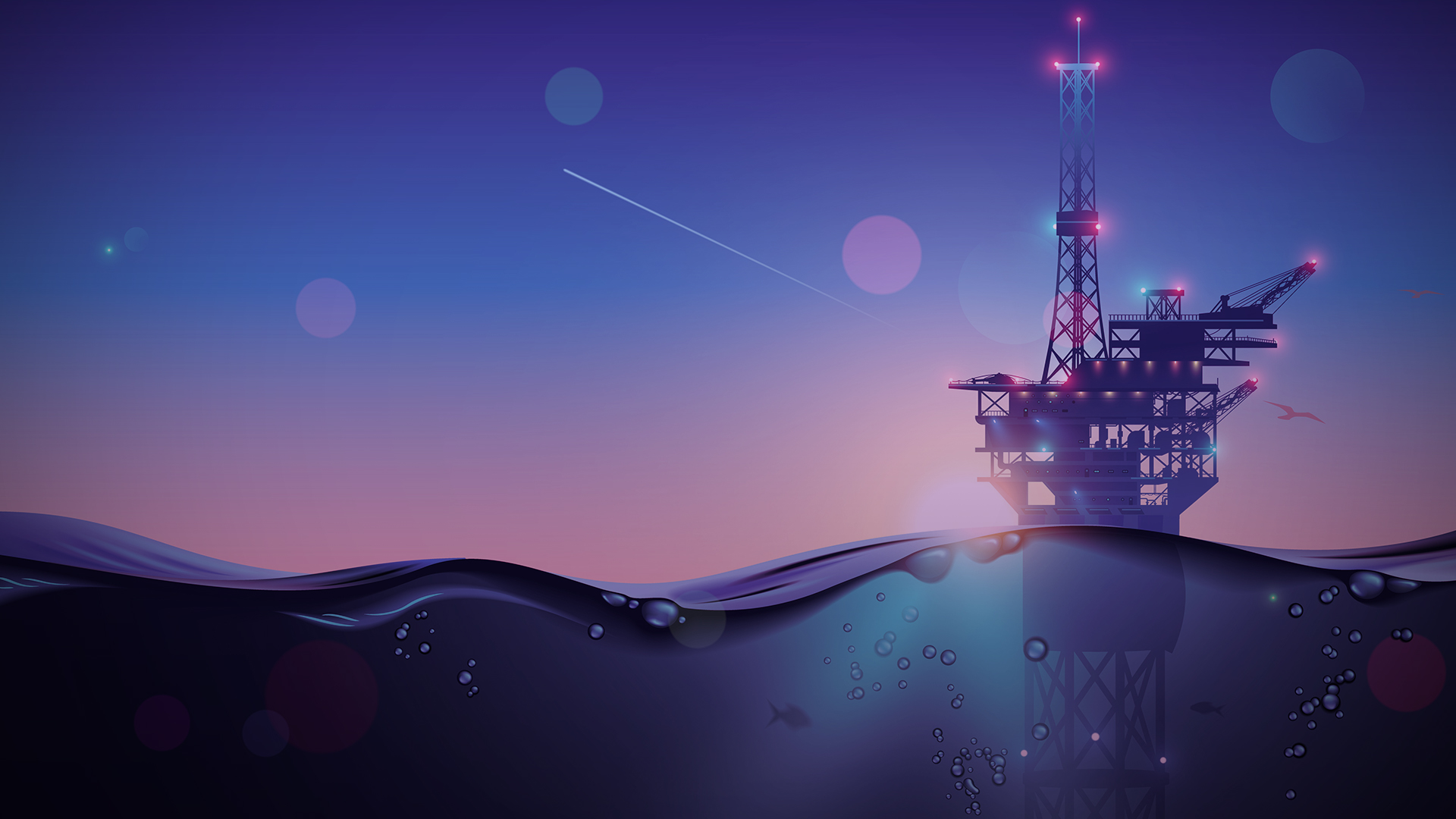"We have more than €25 billion of assets in the Black Sea and the key question is: do we have anything to protect it with?"
RADU TUDOR, JOURNALIST, ANTENA 3, CNN
"Even if the war ends today, the Black Sea will remain a contested sea. We must be prepared for an aggressive attitude from the Russians and therefore, all the time, not only be vigilant, but have the ability to defend our interests."
GEORGE SCUTARU, PRESIDENT, NEW STRATEGY CENTER
"The Black Sea, which also has energy potential. Which has fishing potential. Which has transportation hub potential. These things are priorities that we need to save fiscally. For a certain period let them operate more tax free."
PROF. DR. MIRCEA COȘEA, ASE
"The problem, if we look at the economy at the moment: we see that the areas that are doing the worst are the areas that are the most regulated by the state. So we have to be very careful what we wish for."
GABRIEL BIRIȘ, LAWYER, TAX CONSULTANT
"The time has come for the Black Sea. The Black Sea will be transformed from a marginal, anoxic, almost closed sea into a geopolitical point of contact between the great economic, civilizational, cultural blocs of the world."
VASILE IUGA, CONSULTANT, ENERGY EXPERT
New Economy, June 18, 2024.
"Energy security - a European problem with Black Sea solutions"
Producer and moderator: Adrian Măniuțiu, journalist
Permanent guest: Daniel ApostolDirector General of Oil and Gas Employers Federation
Guests:
The Black Sea and the security of the Neptun Deep project
George Scutaru, President, New Strategy Center
Online intervention: Radu Tudor, Journalist, Antena 3, CNN
Taxation, policy thinking and development in the Black Sea
Prof. Dr. Mircea Coșea, ESA
Gabriel Biriș, Lawyer, tax consultant
What are we learning and moving on from the past to keep Europe relevant?
Vasile Iuga, Consultant, Energy Expert
THE BLACK SEA AND THE SECURITY OF THE NEPTUN DEEP PROJECT
What does the Black Sea look like from a military security perspective? The two invited experts talked about the global security stakes at stake in the Black Sea, assessed Romania's readiness to provide military security to the Neptun Deep project and analyzed how much Romania's NATO membership matters. Full recording of the dialogue:
THE DEFENSE OF NEPTUN DEEP IS AT STAKE FOR THE WHOLE OF EUROPE
TUDOR SCUTARU: "The Romanian state has an extraordinary stake in defending Neptun Deep. If, absurdly, something were to happen and some decisions were taken that would affect the implementation according to schedule, the impact would be particularly serious, not only on the Neptun Deep project, but on all projects in the Black Sea exclusive economic zone. I will give you just one example: offshore wind legislation was recently adopted in October. And we will see renewable energy production developments. Investors would be particularly skeptical to come to the offshore Black Sea. But at the same time, for Romania at once it's the biggest energy project, but for state institutions it's the biggest challenge to ensure security. The Neptun Deep stake is not just for Romania, it is a European stake and a stake in the region."
"WE ARE NATO", BUT IS IT ENOUGH FOR BLACK SEA SECURITY?
RADU TUDOR: "I had the privilege, at a forum that involved the presence and organization of the New Strategy Center, to ask the Supreme Allied Commander, General Chris Cavoli. I said to him, 'General, can we ensure the security of the Black Sea Basin, given the small NATO naval presence, given the weak naval capabilities of Romania and Bulgaria, given the games that Turkey is playing?' And he said to me very calmly and very relaxed: "At the moment, I, as Commander-in-Chief of the Allied Forces, can provide any kind of security mission in the Black Sea Basin for NATO territory, based on air and land capabilities.". That's a reassuring answer. But it obviously does not satisfy me in relation to what the Romanian Government is doing."
TAXATION, POLICY THINKING AND DEVELOPMENT IN THE BLACK SEA
Do finances make the law? In society, the law makes the finances. And it supports or blocks investment, as the case may be. Prof. Dr. Mircea Coșea, together with Gabriel Biriș, a reputed specialist in tax law, analyzed the complicated reality of taxation in oil and gas, as well as some ways to make the best use of the opportunities offered by the Black Sea from a tax point of view.
BAD POLITICAL THINKING, A BEACON FOR DEVELOPMENT
MIRCEA COȘEA: "The hunger for money is the most wrong thing that can be and in a way it is the current mentality of government in Romania. You have to have some points, important points, some priorities, that you have to pursue, regardless of whether you are money hungry or not. And here I come back to those incentives. Why were incentives given? The facilities were incentives. Because at some point you have to see which branches are pulling the economy. Those industries need to be stimulated. How? Tax incentives. These are incentives, not facilities. Until the moment they manage to give you the money to allow you to do something else elsewhere. And so, the energy issue in Romania is a vital issue, but one that has to work on three areas of the general concept of the government for a longer period now. Namely, Romania must understand that, with the resource capacity it has, it cannot afford not to use its internal resources, at least mineral, agricultural, energy resources, in the interest of the branches related to them."
OVERTAXATION - THE SELF-IMPOSED OBSTACLE
GABRIEL BIRIȘ: "In Romania, in addition to the other problems, we have the additional problem of excessive taxation. I mean, there is a special taxation system for gas and oil, but especially for gas, which is Romania's main opportunity. It's a multilayer system. First we have royalties, which are not calculated at the prices actually realized by producers, but at an absolutely artificial price for Romania, that of the Baumgarten stock exchange, with which we are not exactly connected. Then come the additional taxes. The tax on additional revenues from the liberalization of the gas market, which can reach up to 80%. Then we have the corporate income tax. From this year on we have an additional tax on all oil and gas companies, not to mention the taxes that every other company bears, payroll taxes and contributions and all the rest. The moment you see that in the last four years the level of taxation has gone up two and a half times as a percentage of revenue, you start to wonder if it's just a desperate need for money or if maybe that's not what they're after, to get the investment through."
WHAT ARE WE LEARNING AND MOVING ON FROM THE PAST TO KEEP EUROPE RELEVANT?
The history of Europe is a history of energy resources. Vasile Iuga, Consultant, Energy Expert, spoke about the stages that the continent has gone through, Europe's obligations as a model global citizen, the importance of scientific discoveries and the prospects for the development of the European energy sector in the current context. We invite you to watch the full dialog:
ENERGY TRANSITION MUST NOT MAKE EUROPE VULNERABLE
"We are witnessing the end of the end of history and history is brutally returning. What we see happening on the Ukrainian fronts are combat techniques from World War I. Trench warfare with massive artillery. So I want, I would like, the transition to the Green Deal goals to be done without damaging European industry. We do not want a consequence to be the de-industrialization of Europe, turning Europe into a museum of civilization and creating strategic vulnerabilities for Europe. We want Europe to live up to its responsibilities to Europeans and to the rest of the planet, because Europe wants to be a model global citizen, but if we are vulnerable, we become irrelevant in a world where the rules are a zero-sum game."
NEW ECONOMY is a series of dialogues with energy sector specialists from authorities and ministries on the transformations triggered by the energy transition. These are technological as well as economic changes, the imposition of higher and more costly environmental standards, and the possibility or impossibility of maintaining the competitiveness of certain industries. Adrian Măniuțiu and his guests bring all this to the public's attention in a series that aims to inform, educate and demolish myths in order to make the transition easier to understand, accept and overcome for the citizens of Romania.





